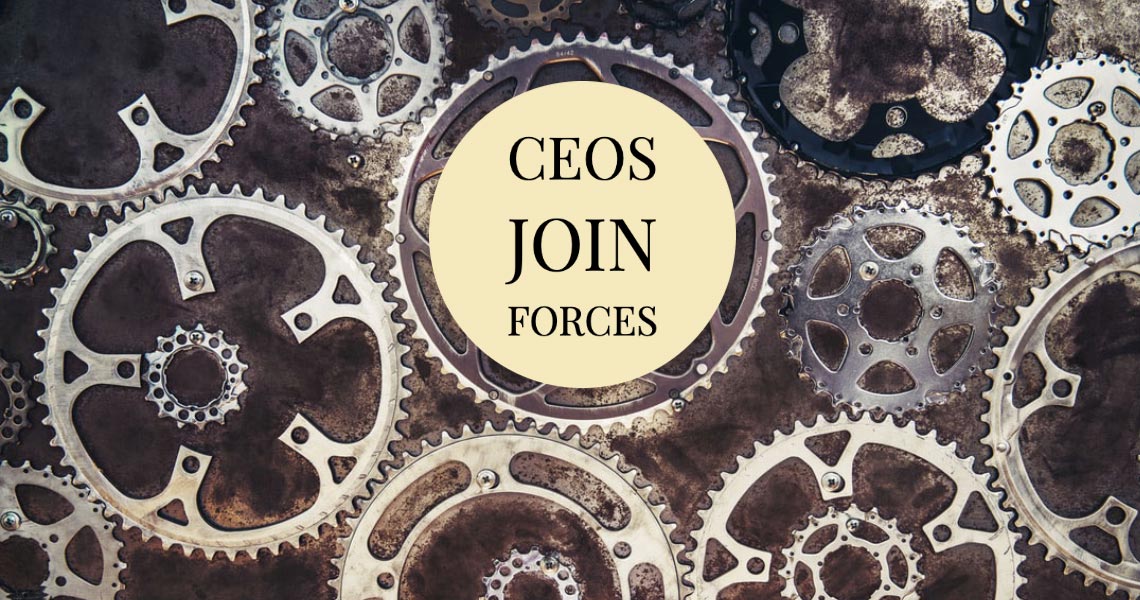CEO activism has arrived in corporate Canada. Three years after the trend took hold in the U.S., 2020 has delivered three clear examples of CEOs banding together to use their power and influence to make change, fundamentally changing the expectations placed on successors to those CEOs, and executives more broadly.
The first example came in March, when 113 CEOs of top tier Canadian companies said in an open letter that they would take action to ensure their employees helped curb the spread of Covid-19, and urging their peers to do the same. In the months that followed, CEO after CEO went a step further, retooling to help with the production of much-needed PPE.
In June, CEOs banded together to call on the prime minister and premiers to ease travel restrictions. The first open letter was signed by 132 leaders in the travel industry, include the heads of major airports, business organizations and the three major airlines. The second letter, published in an ad in the Globe and Mail a week later, was signed by 27 CEOs from Canada’s largest companies across industry, including the airlines, RBC, Scotiabank, Rogers, and Enbridge, was very polite but direct. While advocating for your own business welfare is not activism, the second letter is unusual for the breadth of CEOs from outside the travel industry willing to sign a public letter addressing government rather than the normal route of lobbying in private meetings.
The third example occurred this week, when more than 200 CEOs of companies, organizations and not-for-profits, big and small, joined hands committing to fight anti-Black systemic racism through the BlackNorth Initiative. This was more than just virtue signalling – they agreed to specific measurable targets for Black representation among their ranks, including the executive and Board level, and to earmarking a portion of their charitable giving towards the cause.
No doubt some of those CEOs who signed had to argue with their boards about whether it was right to sign, with their executive teams about how hard it would be to meet the targets, and their PR and legal teams about how big the risk was if they fail. But that is what leadership looks like.
Canadian PR CEOs Pledge to Combat Racism But Disappoint.
These acts of CEO activism will have implications for those who aspire to succeed those participating CEOs, because a fundamental shift in our expectations of corporate leaders is taking place. When the pandemic hit – a problem bigger than any one level of government – government partnered with not-for-profits and business to smoothly shift the country into crisis mode and a lockdown, while ramping up production of goods in short supply. We saw both that business had to be a part of the solution, and that it filled a gap that other parts of society could not.
The same was true in the Black Lives Matter movement. Over the last couple of months some of us have finally started to understand that racism lurks in every part of society and that government can’t even begin to solve the problem alone. CEOs, and organizations and business more widely have to be part of the solution.
With three clear examples during this annus horribilis of how CEOs can and need to be engaged in addressing the issues that face our communities, we should expect calls for direct CEO action on other issues, the most obvious being climate change.
This shift in our collective belief that CEOs have a responsibility beyond the bottom line has been building over time, but 2020 marks a clear turning point in Canada.
Without case studies that CEO activism is complementary to brand building and business growth, board have been reluctant to embrace CEOs with a bent to speak out. In the U.S., the current cohort of CEO activists – Marc Benioff, Elon Musk, and Blake Mycoskie are good examples – have had been able to do so because they were rich enough and had sufficient control of their company that they could just do it. The kind of privilege that comes to white, male founders, is less common here in Canada. The bank and telco CEOs, for example, can be fired by their boards. But these gentle forays into CEO activism on issues that have broad national public support are showing boards that the world hasn’t stopped turning. We haven’t seen brand boycotts. Employees are not quitting because CEOs spoke up for equity. Quite the contrary.
So expect that as boards come to realize the many benefits of engaged CEOs (if not outright CEO activists) – for retention and recruiting, brand loyalty, corporate reputation, and thus corporate value – they will expect future CEOs to have a track record of public engagement and personal reputation to match.
Here’s why:
- Stakeholders expect it now that we’ve seen what’s possible.
- The companies with active CEOs can’t easily retreat from civic engagement when the CEO changes because those actions and values become part of the corporate brand.
- The actual pledges that the previous CEO made will linger. Stakeholders will expect the new CEO to accept the baton.
So if you are Almost CEO, i.e. one job away from the CEO role, don’t wait until you get that coveted job to take action. You don’t need to, and you can’t afford to. As Rola Dagher, CEO of Cisco Canada, and one of the co-chairs of the BlackNorth Initiative said in several recent speaking events, leadership is an action not a title. If you are Almost CEO, you are already in a leadership position.
Leadership is not a title, but an action and today we acted.
Rola Dagher, CEO, Cisco Systems Canada
Nick Chambers, a partner at executive search firm Boyden gave clear counsel to executive candidates on Tuesday. You need to both act and hold others accountable.
Do you have good answers to Chambers’ questions?


